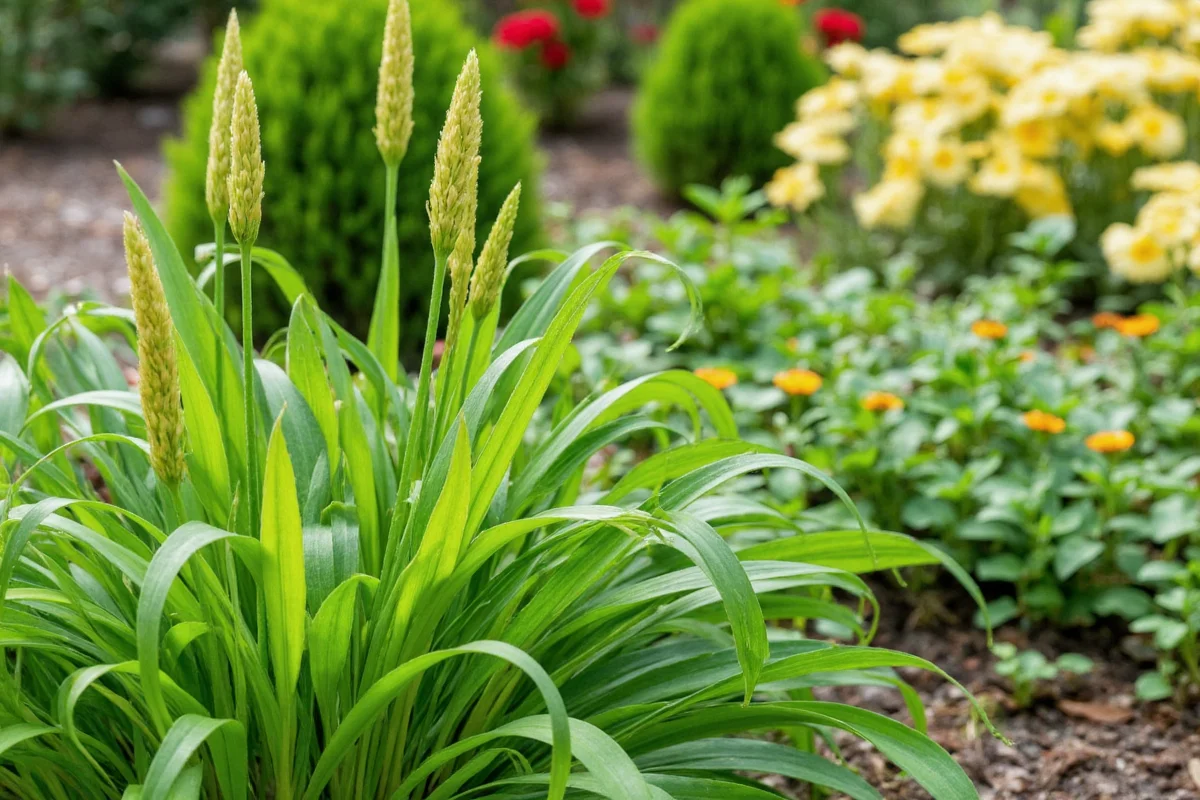Air plants, or Tillandsias, are unique and fascinating plants that require minimal effort to thrive in various environments. These versatile beauties offer numerous benefits and are increasingly popular among gardening enthusiasts and interior decorators alike. However, caring for air plants requires understanding their specific needs to prevent common mistakes. This article explores the top ten benefits of air plants, followed by the top five mistakes to avoid, ensuring your air plants flourish with minimal hassle.
Top 10 Benefits of Air Plants
- Air plants are easy to care for, requiring minimal maintenance compared to traditional plants.
- They do not need soil to grow, which eliminates the mess and inconvenience associated with potting and repotting.
- Air plants have the ability to purify air by removing toxins and pollutants from the environment.
- These plants are versatile and can be displayed in various ways, such as mounted on driftwood or hung in terrariums.
- Air plants are resilient to pests, reducing the likelihood of infestations that can harm other houseplants.
- They are small and compact, making them ideal for tight spaces like small apartments or offices.
- Air plants come in diverse shapes, sizes, and colors, allowing for endless creativity in display and arrangement.
- They are eco-friendly, often requiring less water than typical houseplants, conserving valuable resources.
- Air plants can enhance feng shui by promoting a sense of tranquility and balance within a living space.
- They are an excellent educational tool for children learning about plant life cycles and ecosystems.
Top 5 Mistakes to Avoid
- Overwatering can lead to rot, a common mistake for new air plant caretakers.
- Direct sunlight exposure can scorch the plant’s leaves, limiting their growth potential.
- Ignoring the need for air circulation can hinder the plant's health, as air is crucial for their well-being.
- Using tap water without letting it sit first can harm air plants due to chemicals like chlorine.
- Neglecting humidity requirements can lead to dehydration and stunt growth over time.
Air Plants Care Guide Table
| Benefit | Details |
|---|---|
| Easy Maintenance | Require minimal effort compared to traditional plants. |
| No Soil Required | They grow without the need for soil, reducing mess. |
| Air Purification | Remove toxins and pollutants from the environment. |
| Display Versatility | Can be mounted or hung in various decorative ways. |
| Pest Resistance | Less likely to suffer from infestations compared to other plants. |
Common Mistakes Table
| Mistake | Consequence |
|---|---|
| Overwatering | Can lead to rot and damage plants. |
| Direct Sunlight | May scorch leaves and harm plant health. |
| Poor Air Circulation | Hinders growth and health of plants. |
| Using Tap Water | Chemicals can damage the plants if not allowed to sit first. |
| Ignoring Humidity | Can lead to dehydration and stunted growth. |
In conclusion, understanding the benefits and common mistakes associated with air plants can elevate your gardening experience and enhance your living spaces. With their ease of maintenance, air purification properties, and display versatility, air plants are a perfect addition to any home or office. However, being mindful of the mistakes, particularly in watering and light exposure, will ensure that your air plants thrive. By following these guidelines, enthusiasts can enjoy the beauty and benefits of air plants for years to come. Happy gardening!











 浙公网安备
33010002000092号
浙公网安备
33010002000092号 浙B2-20120091-4
浙B2-20120091-4